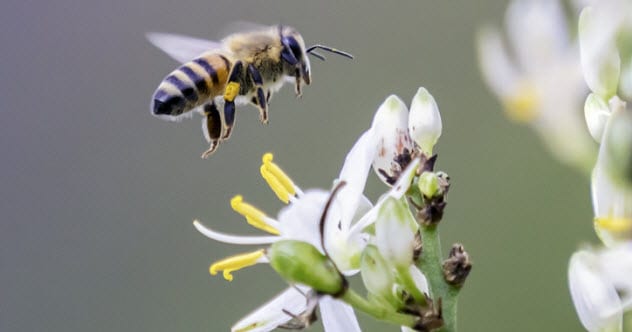Hello ladies and gents this is the Viking telling you that today we are talking about a brand-new series which is about the species we depend on
BEES

Those little creatures that are best-known for so craftily making delicious honey actually play a more vital role in the Earth’s functions than you may think. Across the globe, these hard-working little insects transport pollen from flower to flower on their daily routes.
Pollination is vital as it’s basically what makes most of the plant life on the planet grow. A life without plants, flowers, trees, and fruits would occur without bees doing their handiwork. Unfortunately, the population of bees has fallen by up to 80 percent in certain parts of the world due to human interaction, climate change, disease, and pesticide usage.
We need bees. We may take them and other pollinators like butterflies and hoverflies for granted, but they're vital to stable, healthy food supplies and key to the varied, colourful and nutritious diets we need (and have come to expect).
Bees are perfectly adapted to pollinate, helping plants grow, breed and produce food. They do so by transferring pollen between flowering plants and therefore keeping the cycle of life turning.
The vast majority of plants we need for food rely on pollination, especially by bees: from almonds and vanilla to apples and squash. Bees also pollinate around 80% of wildflowers in Europe, so our countryside would be far less interesting and beautiful without them.
But bees are in trouble. There's growing public and political concern at bee decline across the world. This decline is caused by a combination of stresses – from loss of habitat and food sources to exposure to pesticides and the effects of climate breakdown.
More than ever before, we need to recognize the importance of bees to nature and to our lives. And we need to turn that into action to ensure they don't just survive but thrive.
And as always have a chilled day from the Viking.
Comments
Post a Comment